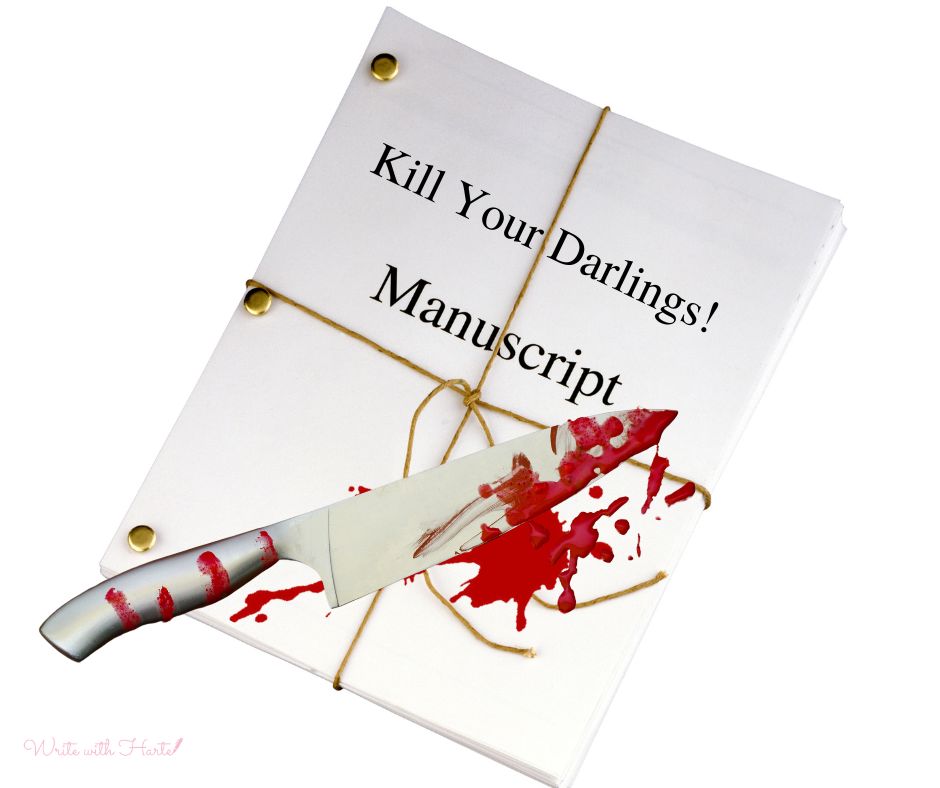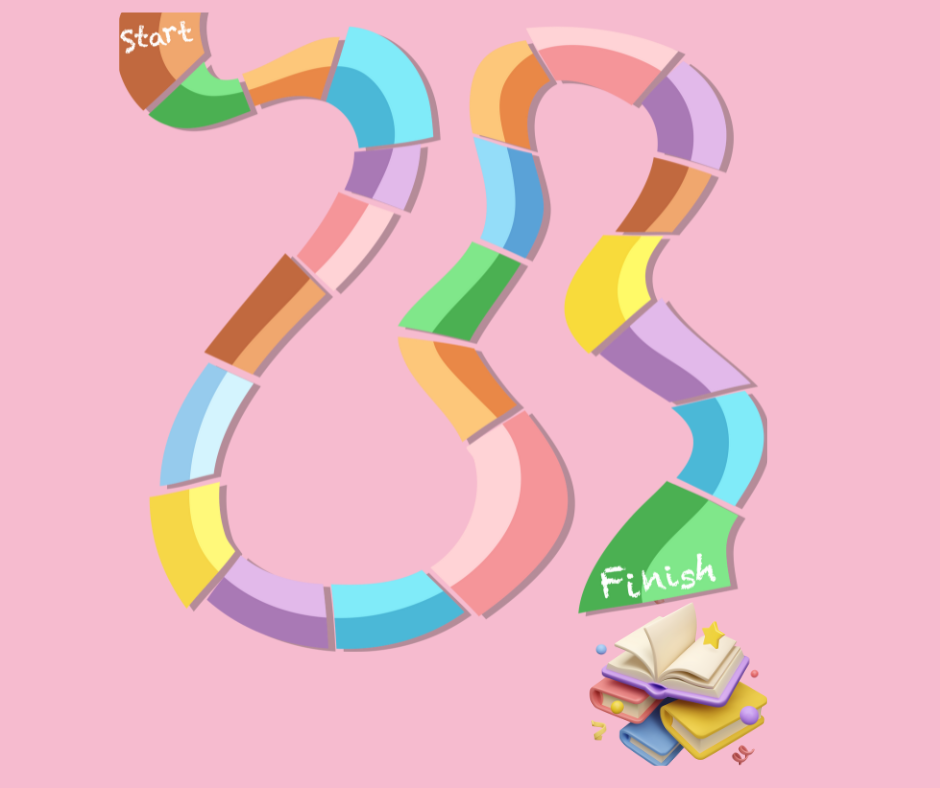Kill Your Darlings: How to Cut the Words You Love

One of my favorite pastimes is watching bonus material on DVDs. Along with interviews and bloopers, I enjoy seeing the scenes cut from the final version of the film. Over weeks and months, movie makers create scenes telling a story, but before the movie reaches the big screen, an editor hacks away scenes that, for whatever reason, don’t make the cut.
Writing a novel isn’t that much different. During the months or years the author writes a story, but before it reaches the reader, it needs editing, including hacking out perfectly written prose. It’s painful. It’s disheartening. But like ripping a bandage off in a single quick pull, it must be done.
Watch this video on Killing Your Darlings or read the text version below.
What are darlings?
Many writers have been credited with the phrase “kill your darlings,” including Faulkner and Arthur Quiller-Couch (who said, “murder your darlings.”). But it’s Stephan King, in his own macabre way, who revealed just how difficult the process is in his book On Writing when he said, “kill your darlings, kill your darlings, even when it breaks your egocentric little scribbler’s heart, kill your darlings.” But what exactly does this mean?
During editing, you’ll cut unnecessary words or replace them with better choices. Those aren’t darlings. Darlings are beautifully written sentences, scenes, and even entire chapters that show just how wonderful, creative and clever you are, but must be slashed from your book because they hinder your story. You love these words, and cutting them is like ripping your heart out.
Why do darlings need to go?
Many DVD bonus features of deleted scenes include the director’s reasoning for cutting scenes. The two most common reasons are; 1. the scene slows the movie down, and 2. the scene doesn’t move the plot forward. The same is true in novels.
Every scene should have a purpose that keeps the action going and moves the plot forward. Unfortunately, this is easier said than done. When you’re in love with your words, it’s easy to justify keeping them. This is where beta readers can be a help, if they’re honest enough to tell you where your book stalls.
I’ve written scenes I love, defending them by saying they reveal character. But if it isn’t part of the plot, it’s just blob that interrupts the story. Certainly understanding character goals, traits, and motivations is important, but they’re better revealed as part of the plot.
Darlings To Cut
Now that you know what your darlings are and why they need to go, how do you find them?
- Does the scene serve a purpose? Does it move the plot forward or develop the character? If not, cut it.
- Have you already said it (redundant)? Yes, sometimes you need to remind readers of clues or information, but be careful that you’re not telling them something they already know and remember.
- Is it purple or wordy? Beautiful writing is all well and good, but it can go over the top. Often, in an attempt to write beautifully or to seem smart, writers use way more words than they need and come off sounding like they’re trying too hard. Short and succinct is usually best.
What to do with darlings?
As difficult as killing your darlings is, it’s a necessary part of crafting tight, compelling works of fiction that keep readers in their cozy spots until the book is done. To do that, you need to kill or murder your darlings. I find it painful to delete forever a well-written piece of work. If you do too, here are a few tips.
During initial edits, highlight or strike-through your darlings. This leaves them in the manuscript for the time being. Perhaps they’ll fit better once you revise or can tweak it to fit the plot.
Eventually though, you’ll find some that have to go. If you find it too difficult to delete evidence of good prose, you can do what I do, which is to save them in a “Darlings” file. It’s possible you’ll be able to use them, with a few changes, in another story. Most likely, they’ll live forever in the file, never to be read by anyone but you. But they’re not dead. They’re in purgatory.
Another option I’ve considered is to create deleted scenes bonus material just like on DVDs. I think it would be fun to discover what authors (or their agents or publishers) cut from the final manuscript. Don’t you?






Responses